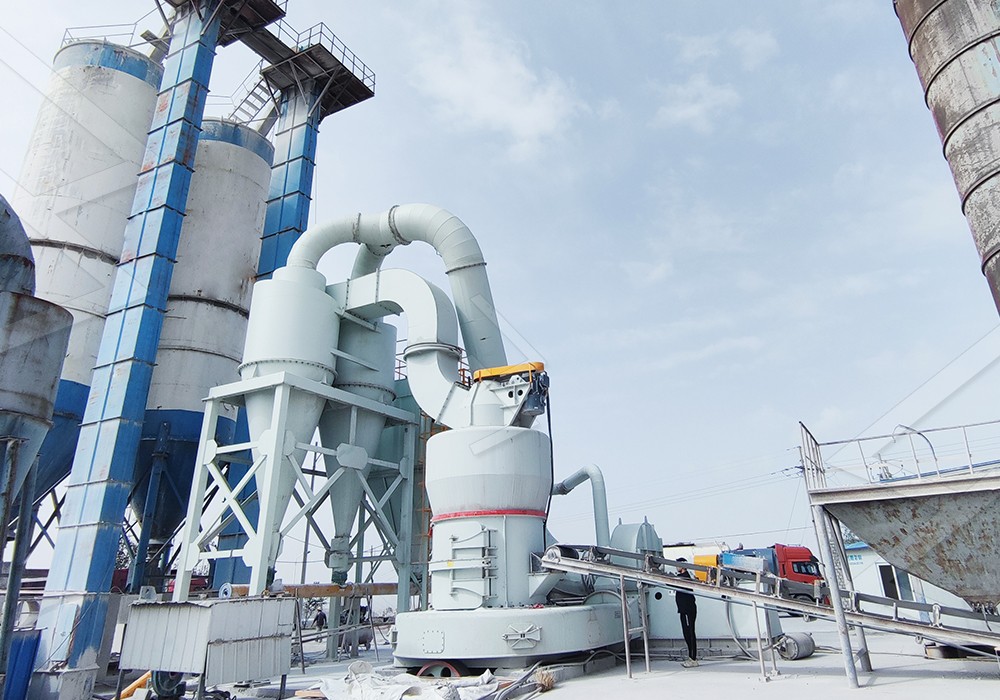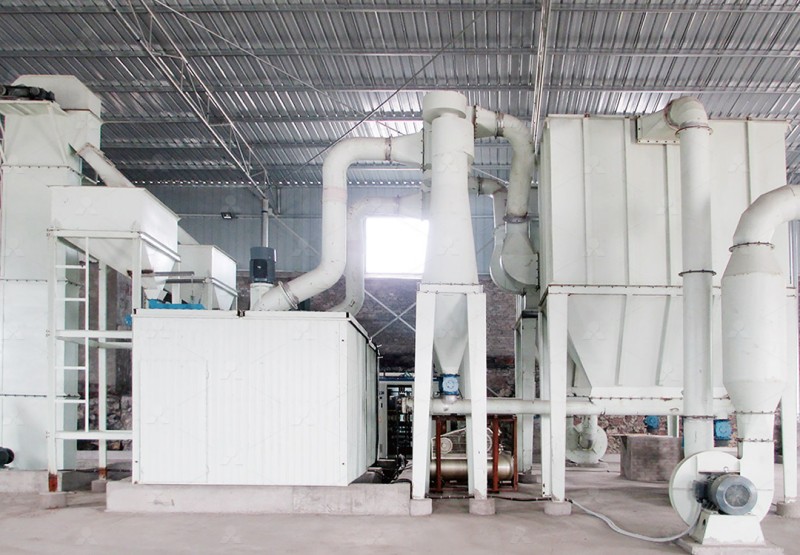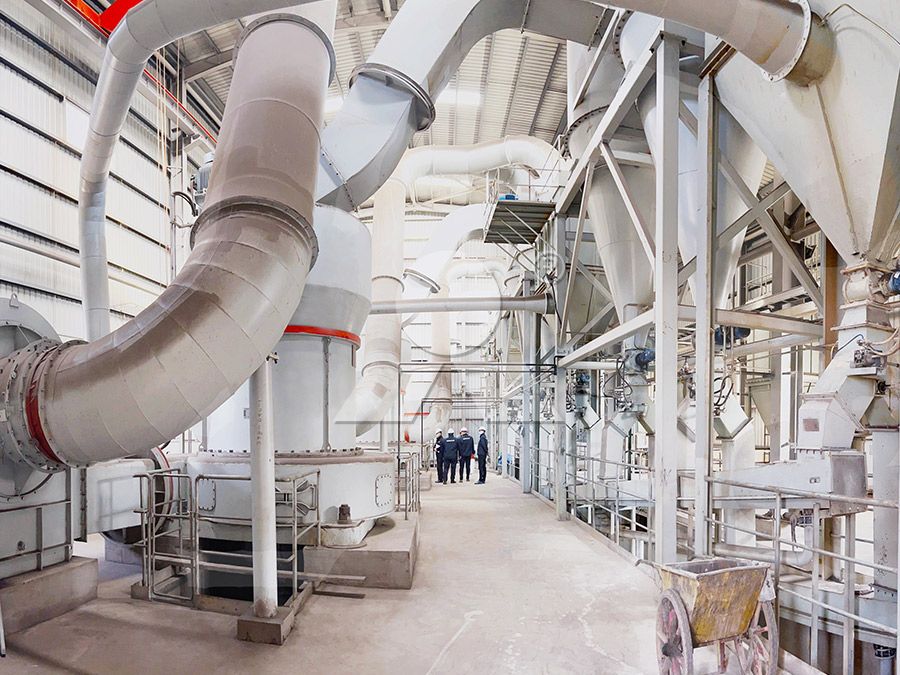Gypsum Powder Grinding Mill Plant Price and Configuration Guide
We provide a wide range of mills — including Raymond mill, trapezoidal mill, vertical mill, ultrafine mill, and ball mill, obtained ISO9001 international quality certification, EU CE certification, and Customs Union CU-TR certification. Suitable for processing minerals such as limestone, phosphate, quicklime, kaolin, talc, barite, bentonite, calcium carbonate, dolomite, coal, gypsum, clay, carbon black, slag, cement raw materials, cement clinker, and more.
The discharge range of these mills can be adjusted to meet specific processing needs, typically from 80-400 mesh, 600-3250 mesh, and can achieve the finest particle size of up to 6000 mesh(D50).
If you are looking for a reliable grinding solution to turn stone or minerals into fine powder, please feel free to contact our online customer service.
Gypsum Powder Grinding Mill Plant Price and Configuration Guide
Establishing an efficient gypsum powder production line requires careful consideration of equipment selection, configuration, and operational costs. This comprehensive guide addresses key factors influencing your investment decisions and plant performance.
Understanding Gypsum Processing Requirements
Gypsum powder production demands specialized equipment capable of handling the material’s unique characteristics. The ideal grinding solution must accommodate varying feed sizes (typically 0-50mm), achieve target fineness (usually between 200-2500 mesh), and maintain consistent output quality while controlling operational expenses.

Key Factors Affecting Plant Configuration
Several critical elements determine your grinding plant setup:
- Production Capacity: Ranging from small-scale (1-5 tph) to large industrial operations (25+ tph)
- Final Product Fineness: Different applications require specific particle size distributions
- Moisture Content: Raw gypsum often contains moisture that affects grinding efficiency
- Energy Consumption: Power costs significantly impact operational expenses
- Space Limitations: Plant layout constraints influence equipment selection
Recommended Equipment Solutions
For operations requiring ultra-fine gypsum powder with superior quality, we strongly recommend our MW Ultrafine Grinding Mill. This advanced system handles input sizes up to 20mm with production capacities ranging from 0.5 to 25 tph. The MW series stands out for its exceptional energy efficiency, producing 40% higher output than conventional jet mills while consuming only 30% of the energy.

The MW mill’s innovative design features a German-technology cage-type powder selector that enables precise fineness adjustment between 325-2500 meshes. Its unique construction eliminates rolling bearings and screws within the grinding chamber, significantly reducing maintenance concerns and potential machine damage from loose components.
For operations prioritizing vertical space efficiency and advanced automation, our LUM Ultrafine Vertical Grinding Mill presents an excellent alternative. With input sizes up to 10mm and capacity ranging from 5-18 tph, the LUM mill incorporates the latest grinding roller technology and German powder separation techniques.
Cost Considerations and Investment Analysis
Total investment encompasses equipment purchase, installation, operational, and maintenance costs. Modern grinding mills like the MW series offer substantial long-term savings through:
- Reduced energy consumption (30-50% lower than traditional mills)
- Minimal maintenance requirements
- Higher production efficiency
- Longer component lifespan
- Integrated environmental controls

The MW Ultrafine Grinding Mill particularly excels in operational economy through its external lubrication system, enabling continuous 24-hour production without shutdowns for maintenance. The integrated pulse dust collector and noise reduction features eliminate additional environmental control investments while ensuring compliance with stringent emission standards.
Frequently Asked Questions
What is the typical price range for a complete gypsum grinding plant?
Plant costs vary significantly based on capacity and automation level. Small to medium operations (5-15 tph) typically range from $150,000 to $500,000, while larger systems can exceed $1 million. Request a customized quotation based on your specific requirements.
How does the MW Ultrafine Grinding Mill achieve higher energy efficiency?
The MW mill incorporates newly designed grinding curves for rollers and rings, enhancing grinding efficiency. The absence of internal rolling bearings reduces friction losses, while the advanced powder selector minimizes recirculation of already-processed material.
What maintenance frequency should I expect with modern grinding mills?
Advanced mills like the MW series require minimal routine maintenance. The external lubrication system allows continuous operation, with major inspections typically scheduled annually. Wear parts like grinding rings may need replacement every 1-2 years depending on production volume.
Can the same equipment process other materials besides gypsum?
Yes, our grinding mills handle various non-metallic minerals including limestone, calcite, dolomite, barite, and talc. The MW Ultrafine Grinding Mill specifically processes over 20 different materials for industries ranging from construction to cosmetics.
What environmental considerations are addressed in modern grinding plants?
Contemporary systems like the MW mill feature integrated pulse dust collectors that eliminate dust pollution, while silencers and noise elimination rooms reduce operational noise to environmentally compliant levels.
